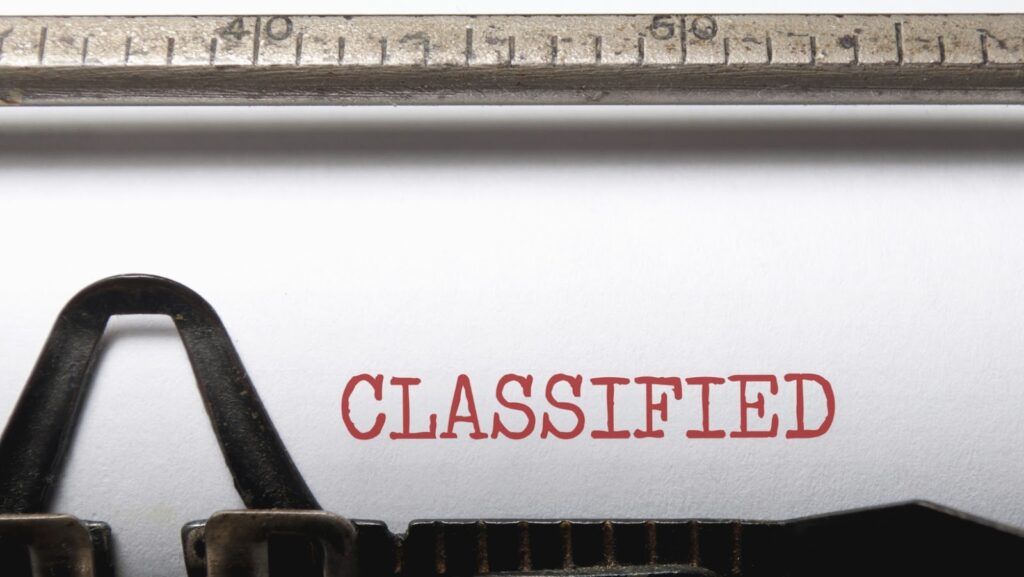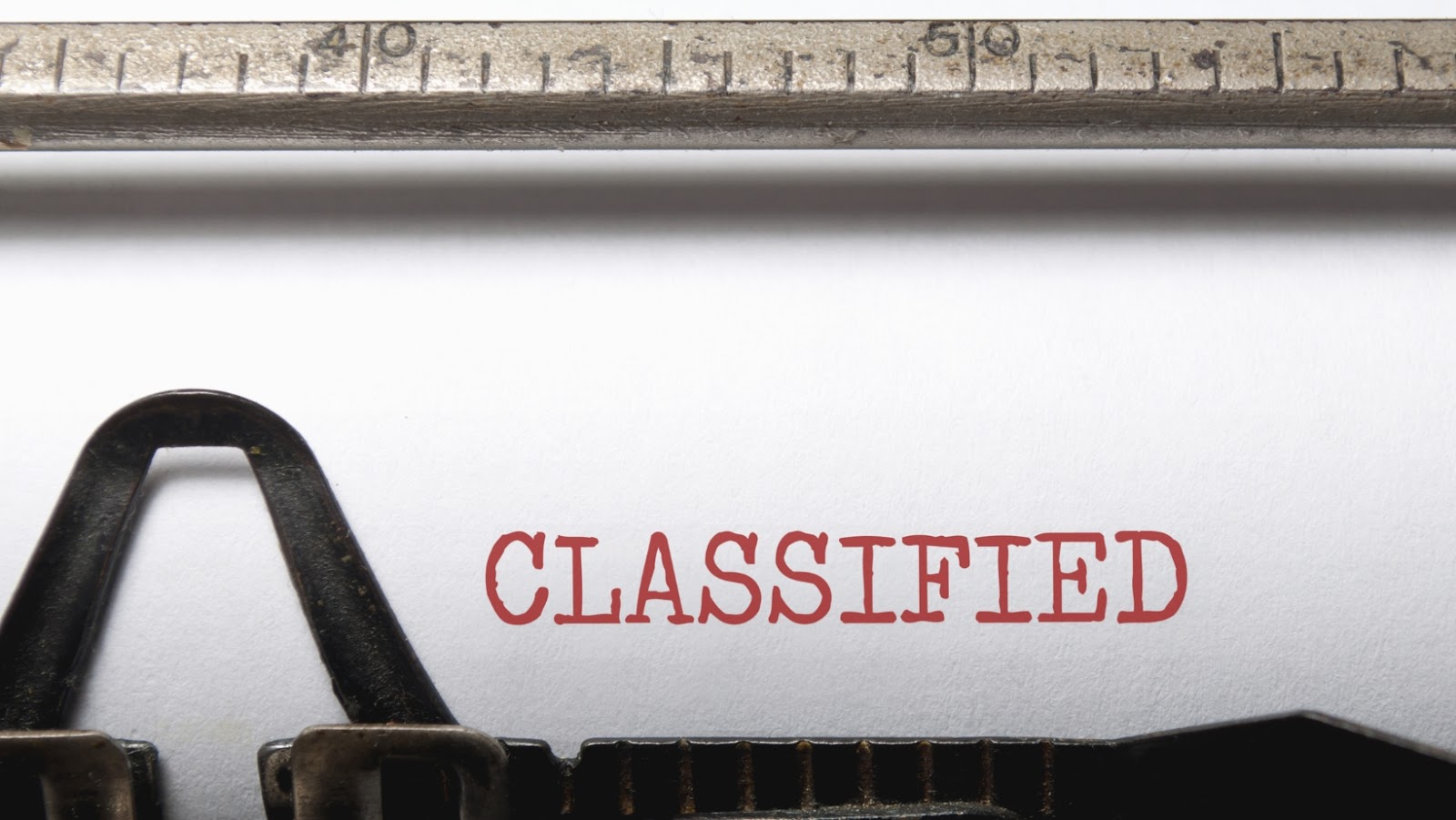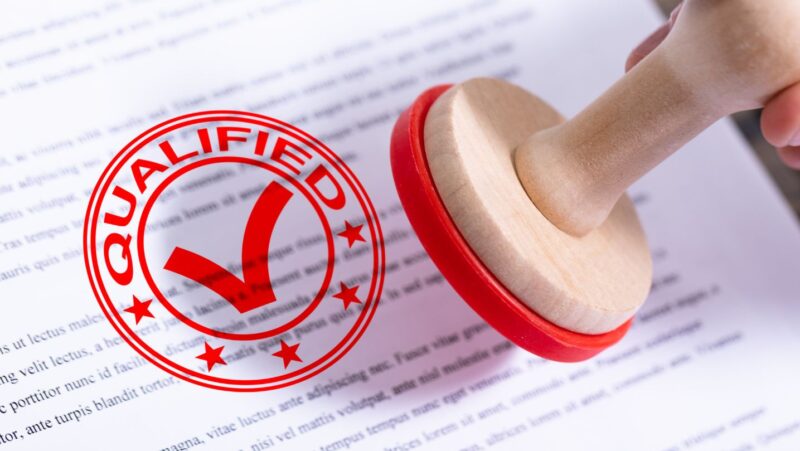

Have you ever wondered what hidden secrets lie within the vast expanse of the internet? As a curious individual, I’ve always been fascinated by the possibility of finding classified information online. Whether it’s digging up historical documents, uncovering government secrets, or simply satisfying my thirst for knowledge, the internet holds a wealth of classified information waiting to be discovered. In this article, I’ll share with you some tips and tricks on how to navigate the digital landscape and find classified information, as well as what to do with it once you’ve stumbled upon it.
Understanding Classified Information
What is Classified Information?
Classified information refers to sensitive data that is protected and restricted from public access. It includes documents, data, or materials that have been designated by a government or organization as requiring higher levels of security due to their potential impact on national security or other important interests. This can range from military strategies and intelligence reports to trade secrets and personal identifiable information.
The Different Levels of Classification
Classified information is categorized into various levels, each indicating its degree of sensitivity and the level of protection it requires. The specific classification levels may vary depending on the country and organization, but they generally include:
- Top Secret: This is the highest level of classification, reserved for information that, if disclosed, could cause exceptionally grave damage to national security or vital interests. It is closely guarded and accessible only to a small number of authorized personnel.
- Secret: Information classified at this level is still sensitive but not as highly classified as top-secret. Unauthorized disclosure of secret information could still pose significant harm to national security or organizational interests.
- Confidential: This level pertains to information that could cause damage or harm if disclosed, but not at the level of top-secret or secret. Confidential information is intended for a limited audience and should be protected accordingly.
- Unclassified: Although not technically classified, unclassified information still requires protection. It may contain sensitive but not classified information, such as certain government policies, public domain information, or non-sensitive personal data.

You Find Information That You Know to be Classified on The Internet. What Should You do
Reporting Classified Information Found Online
If you find information that you know to be classified on the internet, it is crucial to take the appropriate steps to handle the situation responsibly. Reporting the discovery of classified information is of utmost importance in order to protect national security and prevent any potential harm or compromise.
When you come across classified information online, follow these steps to report it:
- Take screenshots: Capture evidence of the classified information you have encountered. This will provide tangible proof of what you found.
- Document details: Take note of any relevant details such as the website or platform where you found the information, the date and time, and any other contextual information that could assist in the investigation.
- Contact the appropriate authority: Reach out to the appropriate authority to report the discovery. This could involve contacting your supervisor or manager if you are in a government or military position, or notifying the relevant agency or department responsible for handling classified information.
- Follow their instructions: Once you have reported the classified information, follow any instructions provided by the authority you contacted. They will guide you further on how to proceed, which may include providing additional information or cooperating in an investigation if necessary.
Alerting the Authorities
In addition to reporting the classified information you have found online, it is crucial to promptly alert the relevant authorities who can take appropriate action. By doing so, you are contributing to the protection of national security and helping to prevent any potential harm or compromise.
To alert the authorities about the classified information you have discovered online, consider the following steps:
- Identify the appropriate authority: Determine which agency or department is responsible for handling the type of classified information you have encountered. This could vary depending on the nature of the information, such as military, intelligence, or diplomatic content.
- Gather relevant information: Collect any pertinent details about the classified information, including website URLs, usernames, or any other information that could help the authorities in their investigation.
- Contact the authorities: Reach out to the authorities through their official channels, such as their website or a designated hotline. Provide them with the information you have gathered and explain the situation clearly and concisely.
- Follow their guidance: Once you have alerted the authorities, follow any instructions or guidance they provide. They may ask for additional information or request your cooperation in their investigation. Cooperate fully and provide any assistance requested within your capabilities.
Remember, the proper handling of classified information is of utmost importance for national security. By promptly reporting and alerting the authorities, you can contribute to maintaining the integrity of classified information and protecting the interests of your country.












